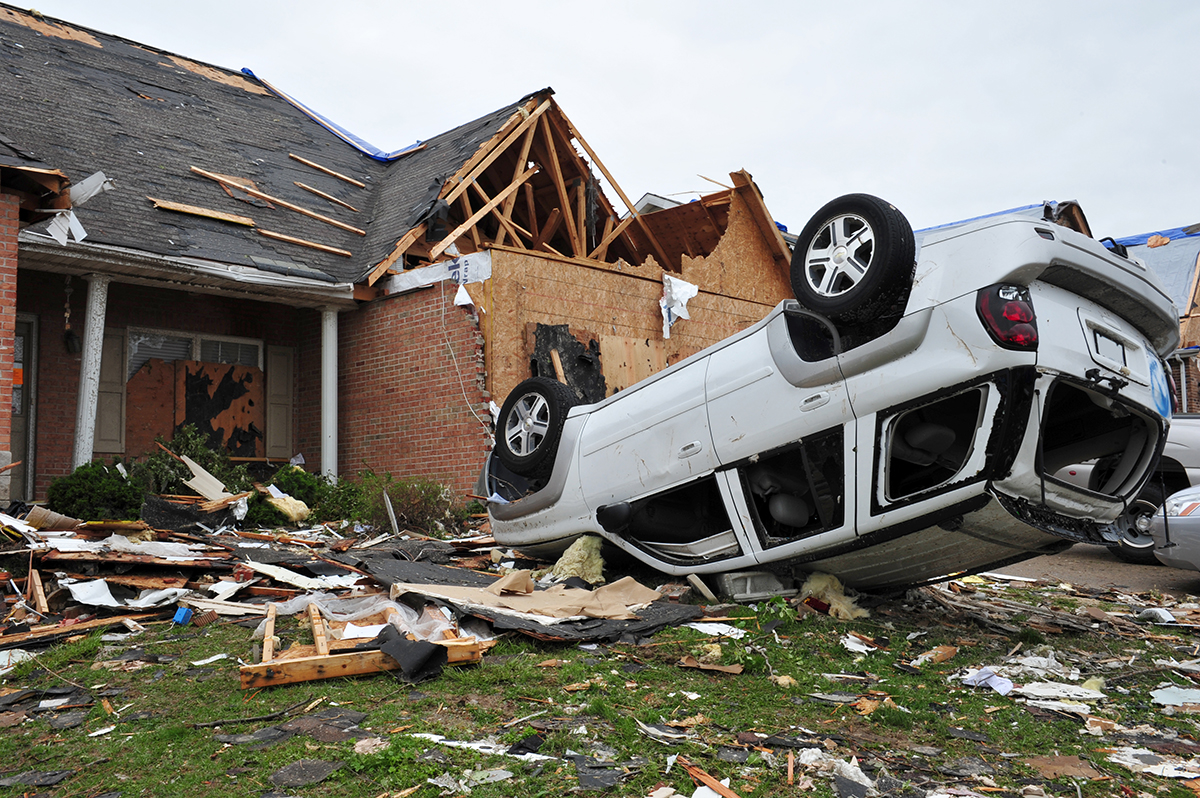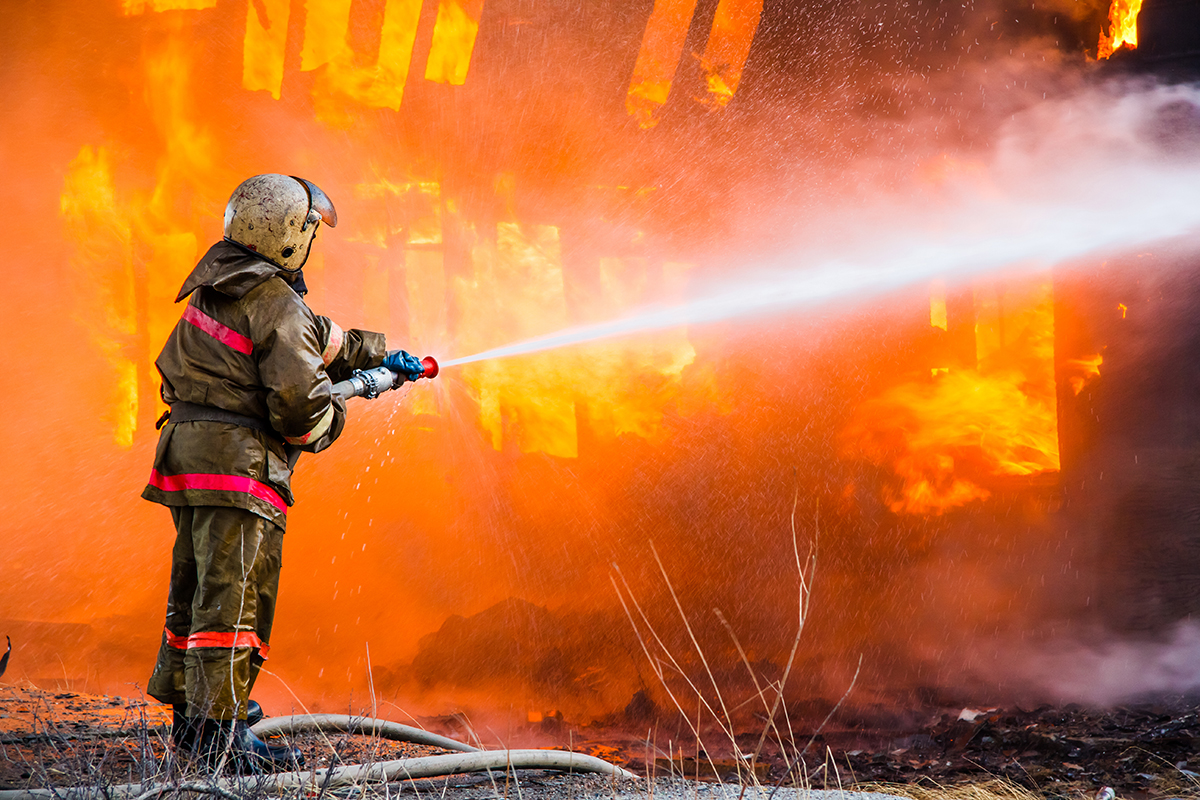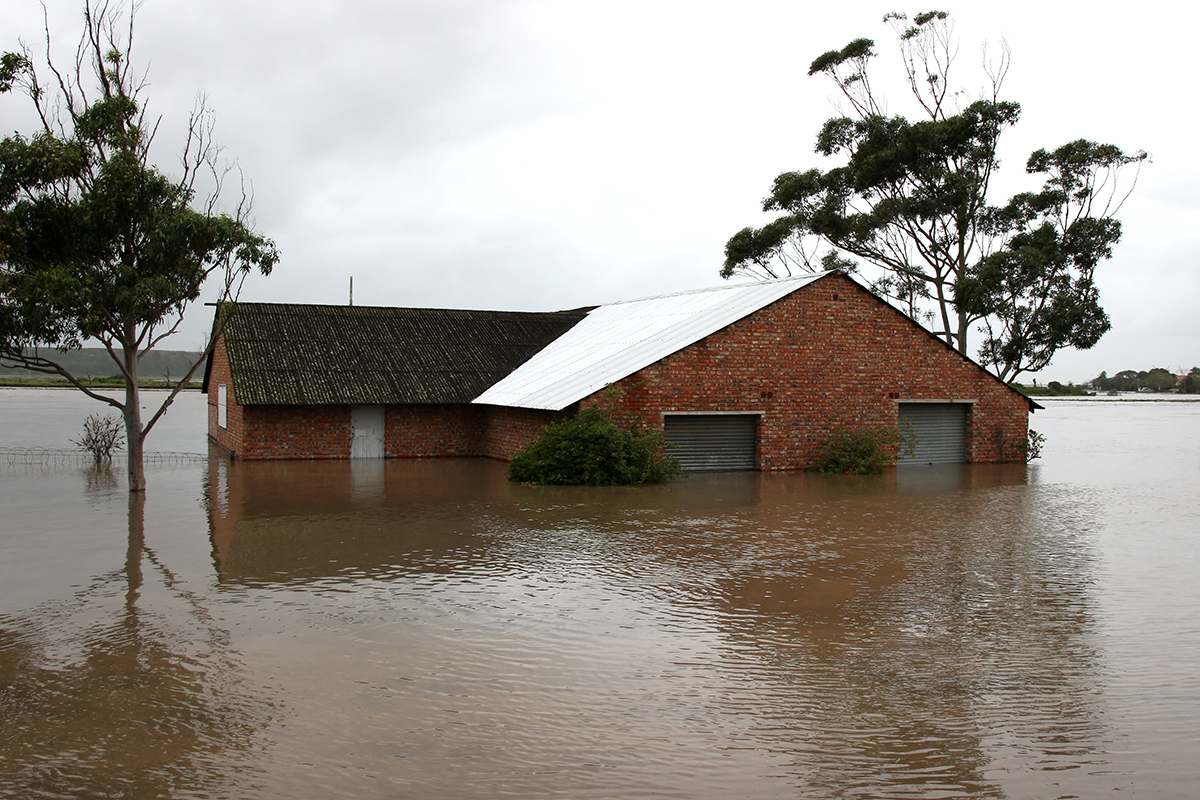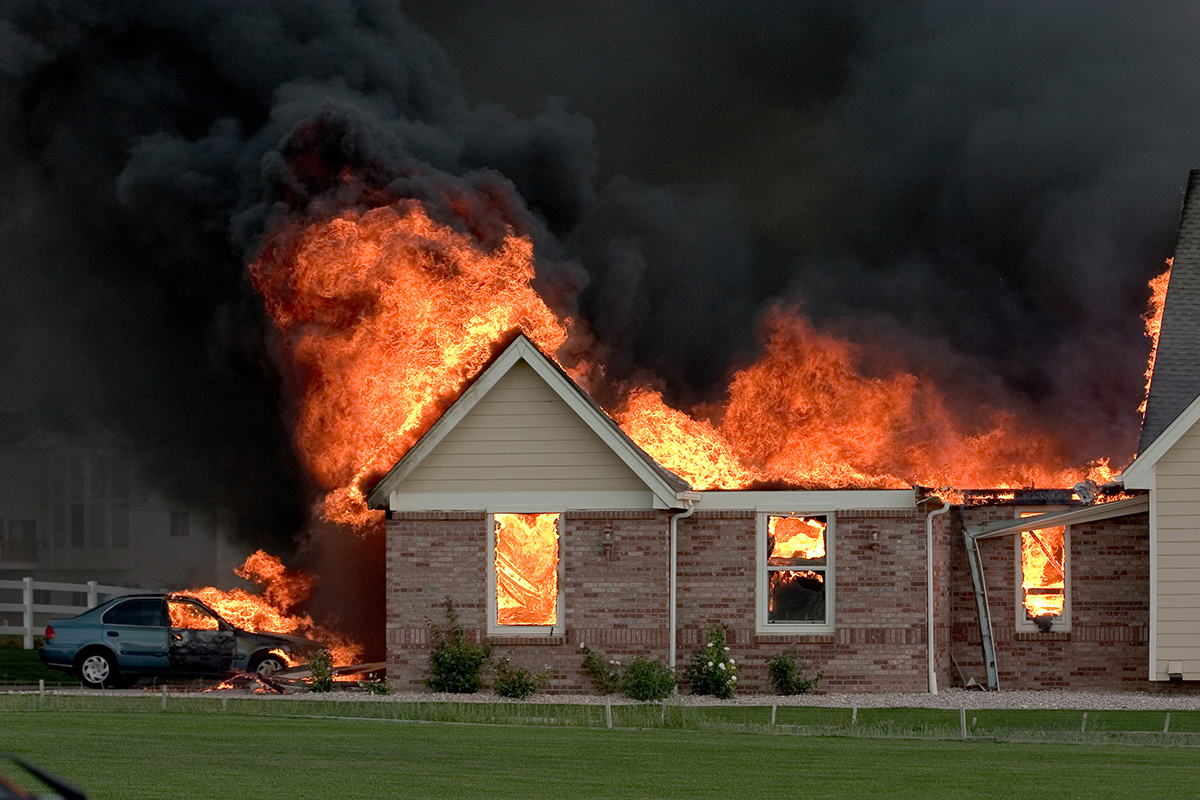First Party Claims Information: Is Your Insurer Really on Your Side?
Why have insurance?
Life is full of risk, some potentially catastrophic. Insurance is simply one way in which we try to protect ourselves against the uncertainty and risk inherent in just being alive. Homeowners and even renters are often required to insure their homes. Even when not required, having property insurance is a good idea; all it takes is one disastrous event to ruin lives. The same is true of businesses and other organizations, such as churches, apartment complexes & condominiums and other commercial properties.
Those whose property is located in certain geographic areas may be required to purchase special insurance. If your property is in such a location, it’s wise to buy the additional coverage even when not required. Examples include flood insurance for properties located in flood plains, earthquake insurance for those on active fault lines and, for those on the Gulf & East Coasts, hurricane insurance.
What Types of Insurance are Available?
- Non-residential property insurance. Click here for more.
- Storm: covers structural damage, such as roofs/windows/siding
- Fire: even if a fire doesn’t destroy a property, other damages may make it unusable, such as structural/plumbing/heating & cooling systems/smoke & soot and water damage from putting out the fire.
- Water: covers damages caused by roof leaks, heavy rains.
- Hail: covers roof damage (leaks), as well as structural damage (windows & screens,
- decks, air conditioners, fences, garage doors, siding)
- Wind: covers damages caused by high winds, including lifted shingles/debris & tree limb damage
- Lightning: covers damages caused by fallen trees and includes fires started by lightning
- Floods: different than regular water damage; covers flooding of entire structures/structural damage/loss of property
- Earthquakes: covers structural damages/loss of property
- Hurricanes: covers structural damages/loss of property
- Winter storms: covers roof/structural damage/burst pipes
Property Insurance Explained
Even though we’re all open to risk and most of us have property insurance, it’s a complicated subject. Unless you’re a lawyer or an insurance professional, it’s common to think of insurance as merely a matter of “I pay my premium. The insurer pays me when I file a claim.” It’s quite a bit more involved than that, actually.
First, some basic definitions:
- First party claimant – that’s you, the insured.
- Second party – this is the insurance company. However, in common practice, they’re almost never referred to as anything other than “the insurance company” or “the insurer.”
- First party claim – this is the claim you submit to your insurer when your property is damaged. First party claims are those which are paid directly to you, the insured, as opposed to the companies conducting repairs.
- Example: there is a house fire. The homeowner files a claim (a request for compensation) to the insurer to cover the damages and repairs and the insurer sends the insured a check.
- Exclusions – things that your policy does not cover. It’s always wise to read the fine print and know what, if any, exclusions are listed in your policy.
Insurance policies are binding legal contracts, specifying rights and responsibilities granted to and expected of both parties. Once an insurance company agrees to provide coverage, the insured (policyholder) receives a copy of the policy. This includes
- Declarations page: details information about the insured and provided coverage
- Insuring agreement: essentially, the insurance company’s promise to pay for covered losses
- Modifications: these include exclusions and conditions (things required of both parties to ensure coverage of losses)
- Endorsements: these amendments detail your coverage under special circumstances or for certain itemized valuables, such as antiques, golf clubs, jewelry, etc.
It’s your responsibility, as the insured, to read all of these documents to ensure that you’re getting what you want. Once you’re satisfied with the policy, you submit your first premium and coverage begins.
Often, that’s the end of the process. You continue to pay your premiums and life goes on. If you’re especially fortunate, you never have to submit a claim. However, if you’re not so lucky, here’s how the claims process works.
Claims
You, the insured, experience a loss, whether fire, flood, etc. The claims process begins with your telephone call to either your insurance agent or the insurance company’s claims department. Your claim will be assigned to a representative, typically called an “adjuster.” The adjuster investigates the loss, verifies that your policy actually covers the loss, confirms that you’ve kept your policy current by paying your premiums and then creates a repair estimate.
At this point, you and the insurance company must come to an agreement on the adjuster’s estimate of the amount of the loss. Once such agreement is reached, the insurer cuts a check for that amount – less the policy’s deductible and any applicable depreciation such as the age of your home’s roof – and you’re able to get repairs done.
This is what happens in most cases. However, insurance companies are businesses, just like hospitals. We tend to think of these organizations as being in the business of helping people. While that is certainly one of their reasons for being, they also want to maximize their profits. Sadly, even in horribly devastating events, some insurers are more concerned with their profit margins than with your needs.
Currently, the approximately 2,700 property insurance companies in the U.S. have a huge amount of money invested in the economy. In fact, between stock, corporate & government bonds and real estate mortgages, those investments total over $1.4 trillion. That’s some serious money and they like to keep it!
What Can Go Wrong: Insurance Companies Acting in Bad Faith
Your insurance company has a big arsenal at its disposal: lawyers, forensic experts, investigators, adjusters, and a slew of other resources that enable them to maximize their profits by underpaying – or even denying – your valid first party claim. Not to mention the fact that their experts wrote all the “legalese” in the policy and know all the loopholes.
In addition to having your claim denied by your insurance company, they can also delay the payment of your claim. They do this for various reasons:
- The longer they keep your money, the more interest they collect on it. When you add up all the claims being delayed, that amounts to a great deal of money.
- If they delay your payment long enough, you may accept a lower payment than that to which you’re entitled. Every day without your claim check is one more day without needed repairs.
- In cases of large-scale disasters like hurricanes, they may not actually have the money to pay you right away. They’ll pay certain claims and delay others while they work to get access to all that invested money.
- As childish as it sounds, insurance companies have been known to delay claims for personal reasons. Perhaps you stood up for yourself and complained about an offer of payment that was way too low. This may have made your claims representative angry and he/she may be retaliating against you by delaying your claim.
Insurers are under strict guidelines when it comes to processing claims. It varies by state, but insurers have a limited amount of time in which to:
- Acknowledge their receipt of your claim
- Contact you with any “reasonable” requests for documentation, forms or other information
- Begin investigating your claim
- Tell you whether your claim has been accepted or rejected
The National Association of Insurance Commissioners (NAIC) has developed a model Unfair Claims Practices Act. Most states have adopted the Act with or without modifications. Violations of the model Act include:
- “Knowingly misrepresent material facts or policy provisions related to coverage
- Fail to attempt in good faith to effectuate a prompt, fair and equitable settlement of a claim with respect to which their liability has become reasonably clear
- Refuse to pay a claim without conducting a reasonable investigation
- Fail to conduct an investigation in a reasonable amount of time
- Fail to provide a reasonable explanation for their denial of the claim or to offer a compromise settlement of the claim
- Attempt to enforce a full and final release of a claim when only a partial payment has been made
- Offer substantially less than the amount due on the claim
- Compel the insured to file a lawsuit to recover the correct amount for a claim by offering less than what the policyholder obtained in the original claim.”
Bear in mind that these rules vary by state. A qualified insurance attorney in your state will be able to offer expert insurance claim denial help.
Another way – other than denials and delays – that insurance companies act in bad faith is by underpaying first party claims. They do this by undervaluing the costs of certain damages, such as:
- Structural damage
- Damage to siding
- Roof damage
- Broken windows and screens
- Plumbing and electrical damage
- Wind and fire damage
- Water damage
- Total replacement damage versus cosmetic repairs
As the insured, there are also policy-dependent deadlines for filing claims and if you miss the deadlines, you just may be out of luck. Certain vital steps must be taken early in the process to ensure your legal rights are protected. An attorney can not only help you meet these stringent requirements, but take legal action on your behalf if your insurer acts in bad faith.
Special Circumstances for Non-Residential First Party Claims
Churches These claims come with all the same paperwork and inherent difficulties as homeowner first party insurance claims. They also present some special problems.
- Documenting the losses presents the challenge of facing the loss of unique, valuable and often irreplaceable church features, such as antique stained glass windows in older churches.
- Your place of worship may just have been seriously damaged or even destroyed, leaving the congregation feeling helpless and without a “home.” If the insurer acts in bad faith, this makes the entire experience even worse.
- Churches often have limited resources, both in terms of money and personnel. Long, drawn-out disputes with insurers can drain these resources to the point that repairs can be delayed for years or never done at all.
- Church officials (pastors, etc.) are needed by their congregations during these difficult times, especially if the natural disaster caused widespread damage. Quite often, these needs are made a priority over dealing with insurance claims.
- Despite the needs of the community & congregation, certain things must be done to preserve the church’s rights under the policy.
- Mitigate further damage. Remove excess water, stop leaks, board up broken windows, etc. Failing to do this could leave the building open to further damage that the insurance company may not cover.
- Document damages before making repairs. This preserves evidence.
Condominiums
Natural disasters present unique challenges for condominium associations and individual unit owners. Windstorms, tornadoes and floods can cause extensive and expensive damage to the buildings’ exterior & interior, communal areas, HVAC systems and any other area of the property hit by the storms.
Further, there are usually several insureds and insurance policies and companies involved in storm damage to condominiums:
- Determining who is responsible for filing which claim (the unit owners or the condominium association) can be difficult to sort out.
- Multiple inspections are necessary when multiple claims are filed, especially when different insurance companies are involved.
- In many cases, unit owners may qualify for local or federal aid if their homes are damaged or destroyed by severe weather that affected a large area. This aid may be very helpful for the unit owners as they begin the process of recovering from their losses, but it also adds an additional level of complexity to their first party claims.
Commercial Property
Businesses, whether retail, industrial, manufacturing or any other type are faced with the same challenges as any other storm-damaged property owners. However, they also face additional challenges. One severe storm could completely destroy an industrial center, leaving the businesses shut down until their first party claims are paid. Delays in storm damage claim payments can keep companies’ doors closed for months, years or even put them out of business.
As with condominiums, there may be multiple businesses located in an affected building, meaning there will be multiple claims, inspections and insurance companies involved. The help of an experienced insurance attorney, especially one used to working with commercial property damage claims, is essential to getting damaged businesses up and running again as soon as possible.
Special concerns for commercial property owners are:
- Setting up temporary locations such that business may continue
- Repairs, both emergency and short-term
- Longer-term repairs and replacements
- Inventory losses
- Damaged machinery, equipment, tools and other items necessary to run the business
- Damaged furniture, computers, supplies and interior features
- Damaged vehicles
- Structural damage, both exterior and interior
- Damaged driveways and parking lots
- Water and sewer problems
- Mold and other sanitation-related damages
- Damaged or lost records, archives, in-house libraries and other documents
What Can You Do if Your Insurer Acts in Bad Faith?
Call a lawyer! You have enough to deal with without having to face these bad faith tactics. That’s why it’s important to find a qualified attorney to help you through the process. The insurance companies have their lawyers and all the legalese in the policies was written to benefit the insurers, not you.
If your claim is delayed or denied or you receive a “Reservation of Rights” letter, a qualified insurance attorney is your best bet for getting insurance claim denial help. The “Reservation of Rights” letter is your insurer’s way of putting you on notice that, even though they’re moving forward with your claim, some losses may not be covered under your policy.
Despite the fact that the responsibilities and limitations placed on each party are spelled out in the policy (a contract), insurance companies don’t always play fair. You have every right to contact a lawyer for assistance with your first party claim.
Can First Party Insurance Claimants File a Lawsuit?
Yes! Even though what is covered under a first party insurance policy is specified in the contract, insurance companies do not always pay out everything they are required to by law. When your insurance company breaches the contract by acting in bad faith, you can definitely seek legal assistance to enforce the contract.
Other Necessary Steps to Take in Support of Your Claim
- Take pictures of all damage to your property inside and out, including sheds, fences, or any other structures. If possible, use the timestamp function on your digital camera to provide proof of the timeframe.
- Protect yourself and your home from further damage, whether from vandals or more foul weather, by covering broken windows.
- Cover holes in your roof with a tarp to prevent further water damage.
- Keep your receipts for things such as tarps and window coverings. Your policy should reimburse you your out-of-pocket costs.
- Be wary of hiring repair people who go door-to-door offering to help. Often, this is a scam.
- Research local licensed contractors and reputable roofers to do the necessary repairs.
- Only hire those contractors or roofers who can prove they have liability insurance. If they don’t and they are injured on your property, you may be liable.
- Never pay in full up front. Reputable businesses will take deposits.





